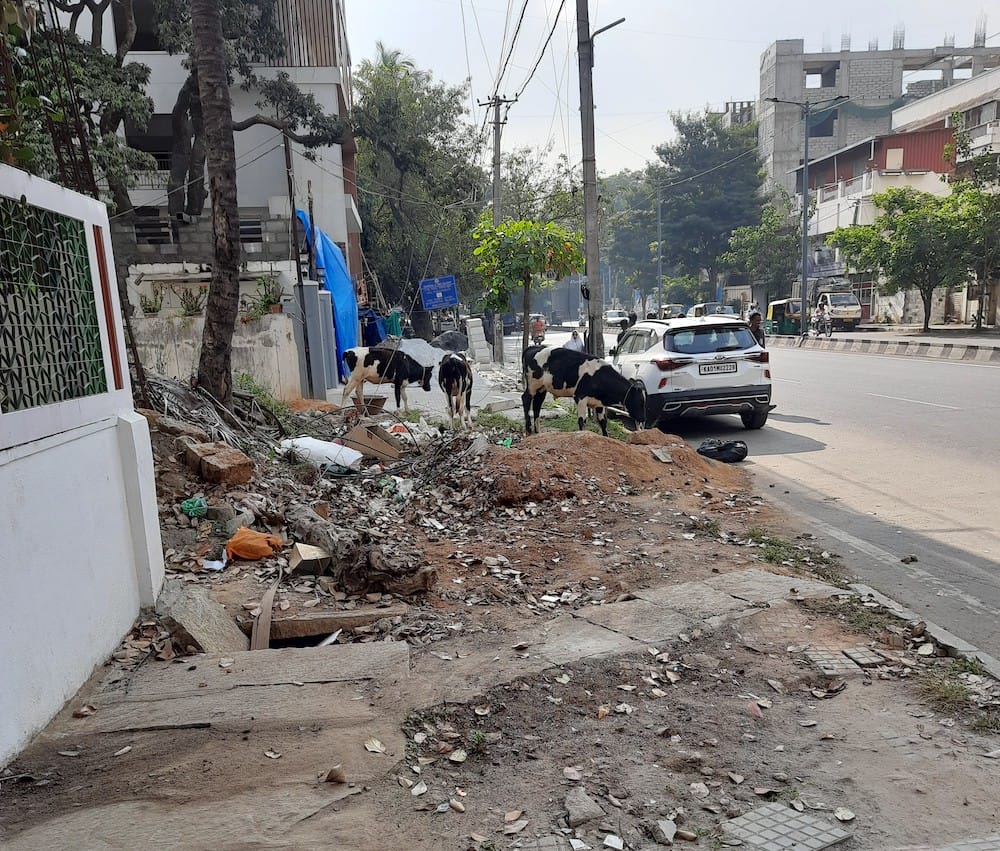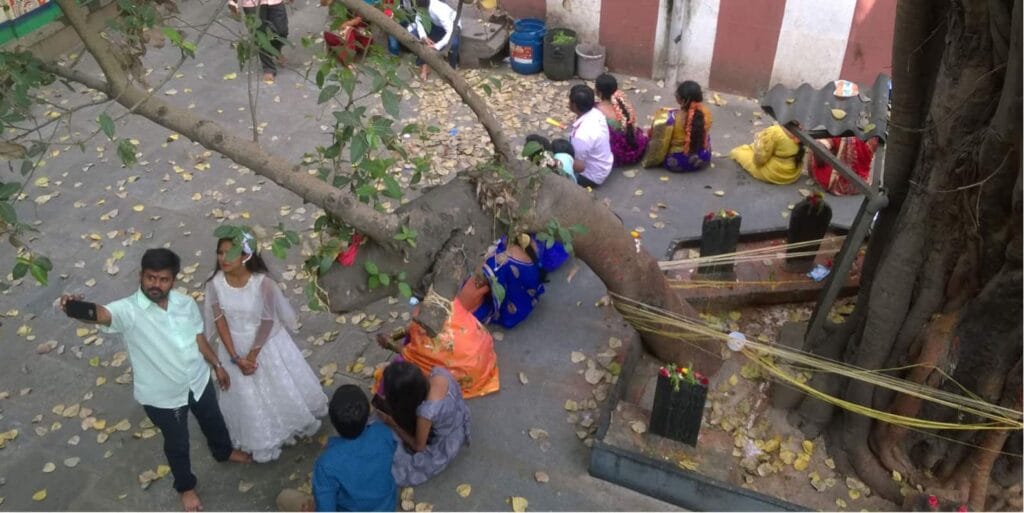Bruhat Bengaluru Mahanagara Palike (BBMP) announced the formation of the Bengaluru Climate Action Plan on November 27th with WRI India as knowledge partner. This is as a result of Bengaluru being a signatory to the C40 cities.
Citizens wholeheartedly welcome the BCAP initiative and what it sets out for Bengaluru in the long term. This article breaks down BCAP’s objectives and highlights some of the serious concerns of citizens regarding the city’s fragile governance mechanism.
BCAP and its objectives
- Objective: Make Bengaluru carbon neutral or achieve net zero carbon footprint by 2050. The entire initiative is based on delivering sustainable and healthy living in an equitable manner to all.
- Focus areas: Includes promoting green buildings, streamlining transportation and solid waste management and improving air quality, urban planning, biodiversity and disaster management, reducing water pollution etc.
- Resources: Dedicated staff and resources (to be allocated)
- Preparation: As per reports, BCAP has been prepared by the BBMP over the last two years in consultation with various stakeholders, departments and the public. However, not much is known in the public domain about this specific undertaking.
- Action points: About 269 different actions are planned to mitigate the impact of climate change in the city. BBMP will be responsible for executing 143 action points.
Effectively, BBMP is tasked with the primary leadership and responsibility for this initiative.

Read more: BCAP: Bengaluru’s first step towards achieving net-zero by 2050
Equitable pursuit for sustainable and healthy living for all
At its very core, this is a call for “back to the basics”. Mahatma Gandhi’s famous statement “There is enough for everybody’s need and not for everyone’s greed”, expresses almost every aspect of Climate Change and sustainable development in a nutshell.
Even without any understanding of the science around Climate Change, a term in vogue over the last 30 to 50 years, we can ask the following questions in the context of Bengaluru:
- Water as a critical resource: Did we need Climate Change to tell us that lakes are our lifelines? That we should not build on lakes? That we should not pollute lakes? That the founder of Bengaluru, Nadaprabhu Kempegowda, held trees and lakes at the very core of his vision for Bengaluru?
- Trees, parks, public spaces and the air we breathe: Did we need Climate Change to tell us that clean air is essential for healthy living? Did we need Climate Change to tell us that trees and parks are essential producers of oxygen and absorbs our carbon emissions?
- Walking and cycling (now referred to as Active Mobility): Did we need Climate Change to tell us that a population that walks and cycles is a healthy population?
All of the above point to a steady and callous indifference by citizens and the Government of Karnataka (GoK) in bringing Bengaluru to its current state.
Today, we require intervention to rectify the wrongs and set ourselves on a sustainable and healthy path for the future. We hope BCAP can deliver on these parameters.

Bengaluru’s fragile governance framework a cause of concern
Look at the state of affairs and the current situation in which BCAP has been initiated and will operate:
- No Municipal Elections since 2016: The city has no mayor or councillors. Effectively, there is no citizen’s representation in local governance. Bengaluru has currently nearly 240+ wards and requires an equal number of councillors. How can the BCAP be effective in the longer term in such a situation?
- Ironically, the C40 cities initiative is described as: “C40 is a global network of nearly 100 mayors of the world’s leading cities that are united in action to confront the climate crisis.” However, Bengaluru has been without an elected mayor since 2016!
- No Metropolitan Planning Committee (MPC) : This has been a long standing demand and even though it has been mandated by appropriate Acts, we do not have a functional MPC. In its absence, we have the spectacle of the Bengaluru Development Authority (BDA) attempting to prepare the RMP 2041, which has not yet been published.
- Missing Revised Master Plan 2041 (RMP): This is the basic document for Bengaluru’s governance and it does not exist as on date. The RMP 2031 was scrapped by the GoK in mid-2020. The BDA initiated the process in December 2021, but its fate is unknown. How can a global metro city like Bengaluru, be without a guiding Master Plan?
- Missing Bengaluru Metropolitan Land Transport Authority (BMLTA): The Bill was adopted in December, 2022, after a delay of several years, however the BMLTA is not functional. The BMLTA is on the lines of the London Transport Authority and is responsible for formulating the Comprehensive Mobility Plan (CMP) for Bengaluru.
As on date, we do not have a properly sanctioned and approved CMP, nor do we have a Parking Policy, which lies buried in the vaults of the Directorate of Urban Land Transport (DULT).
The single biggest focus of Climate Change mitigation is the use of fossil fuels in transportation and other areas. Now, without the supervision of the BMLTA, one wonders how the BCAP can succeed.
So clearly, almost all the institutional support mechanisms for the effective functioning of BCAP are missing. Should this not be set right and quickly?
The local institutional expertise with respect to Climate Change planning and actions: While we assume that the WRI has the required expertise and learning from other C40 cities, we must ask why the Indian Institute of Science (IISC) or Azim Premji University etc. have not been co-opted in the BCAP initiative?
The IISc has till date published researched reports ( many of them publicly available) on various issues concerning Bengaluru:
- Shrinking green spaces: Using satellite pictures, the report shows the alarming shrinkage in green spaces (trees) and lakes.
- Transport and mobility: The IISc has a full fledged Department engaged in all aspects of transport and mobility. In fact, time and again, several reports have been published specifically addressing Bengaluru’s issues.
- Ecology and biodiversity: Whether it is rejuvenation of lakes or estimation of the number of trees in Bengaluru and other aspects of flora and fauna, the IISc has published several reports.
Hence, the question arises: Does the state government take cognisance of all this available data and reports?
Wholesomely very well researched article. The writer should be empanelled or placed as a consultant or citizen member of committees on the subject before action plans put through.
Very good article. The question asked by the author must be answered (“Hence, the question arises: Does the state government take cognisance of all this available data and reports?”)